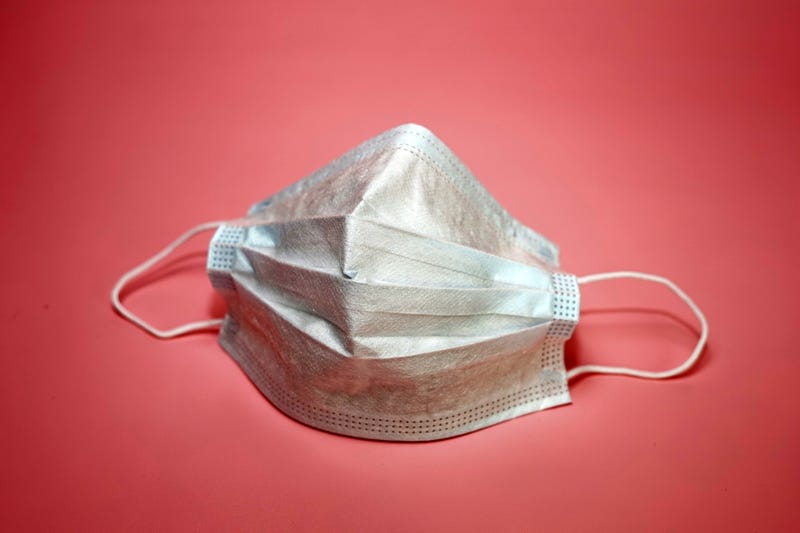
First discovered in India in December 2020, variant B.1.617.2 rapidly spread throughout the country, causing spikes and an increase in infection, earning its name, the Delta variant. Now the strain of the virus has become the most dominant in the United States and could be starting a whole new pandemic.
Listen to your favorite News/Talk station now on Audacy.
Just months ago, with vaccinations becoming widely available to the U.S., COVID-19 cases started to plummet as the end of the pandemic was in sight. Then, the Delta variant, which at first was doing very little compared to the Alpha variant, has become the top variant.
On May 8, Delta was responsible for 1% of new infections nationally, and now it is responsible for 93.4% of new infections, according to the Centers for Disease Control and Prevention.
With reports that the delta variant is more transmissible and is carried by the vaccinated, mask mandates, city emergencies, canceled events and other pandemic policies are starting to return.
The pandemic was expected to "end" when the population had been 70% or 80% vaccinated, according to epidemiologists. But, now the more contagious virus has increased the range to 90%, the Washington Post reported.
With the U.S. fighting to get the "movable middle" vaccinated, many think it may be challenging to reach this point. However, health experts have warned that the only proper protection against the virus comes from being vaccinated.
Those vaccinated are less likely to die from the virus as close to 99 percent of all COVID-19 deaths have been from the unvaccinated.
Some experts hope that the virus is done mutating to the point where it continues to be more dangerous. Scientists have said they hope it has reached peak "fitness," but there is no proof of that, the Post reported.
"To see delta just running laps around these other strains is very concerning," Benjamin Neuman, a virologist with Texas A&M University, said. "It's like 'Jurassic Park,' the moment you realize the dinosaurs have all got loose again."
Now with the dinosaurs, or in this case Delta, getting loose again, several events that seemed to be a return to normalcy have been canceled.
In Louisiana, several events have been canceled from the Red Dress Run to Jazz Fest; in California, concerts from artists including Limp Bizkit and Stevie Nicks were canceled; and in Minnesota, officials are considering canceling or modifying mandates for the state's State Fair, which generates upwards of $250 million annually.
Hospitals have also started to struggle again as a flood of patients is being admitted for the virus. This has now affected vaccination rates as they have recently begun to rise, with 50.8 percent of the nation fully vaccinated.
Data also show that vaccines are effective against the variant even though it's not the same level of effectiveness against the original strain.
Most companies, cities and states that have returned some of these policies have also said that they will be monitoring them more frequently as guidance around masks and vaccinations is ever-changing.





